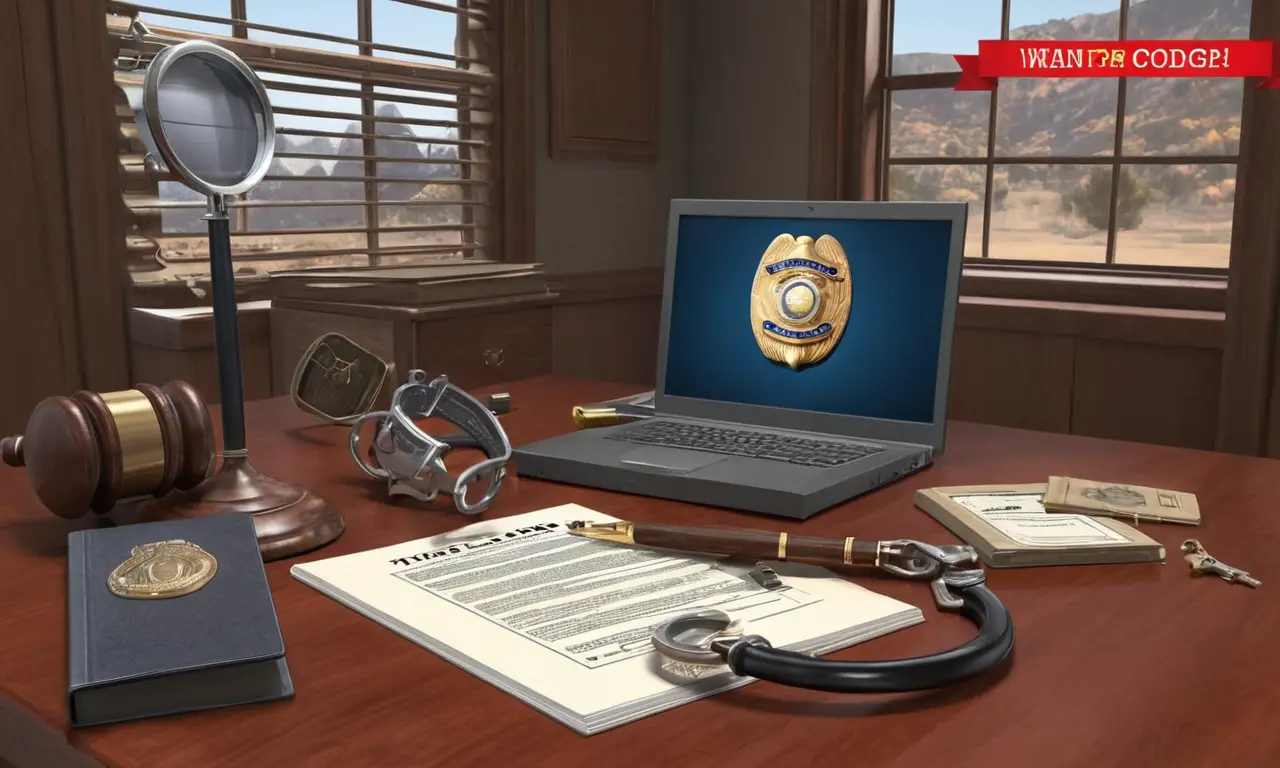The world of private investigation often appears shrouded in mystery, with glimpses into confidential files and exclusive access to information. One common question that arises is: Do private investigators have access to police records? While the image of a PI sifting through stacks of police documents might be appealing, the reality is more nuanced. Private investigators operate within a legal framework that dictates their access to information, balancing public interest with individual privacy rights.
This article will delve into the intricacies of private investigator access to police records, exploring the types of information they can obtain, the legal requirements governing their access, and the limitations imposed on their data retrieval capabilities. We’ll shed light on the distinction between public and confidential information, providing a comprehensive understanding of this often-misunderstood aspect of private investigation.
Private Investigator Access to Police Records
In most jurisdictions, private investigators have access to certain public police records. This means they can obtain information that is readily available to the general public, such as incident reports, arrest records, and court documents. However, it’s crucial to understand that their access is not unlimited. They cannot delve into confidential or restricted information without proper legal authorization.
The ability of private investigators to access police records varies depending on state laws and regulations. Some states may have more stringent requirements than others, while certain types of records might be accessible in one jurisdiction but not another. It’s essential for private investigators to familiarize themselves with the specific laws governing their practice in their respective areas.
Public vs. Confidential Information

A key distinction lies between public and confidential information held by law enforcement agencies. Public information is readily available to anyone, including the media, researchers, and private citizens. This typically includes:
- Incident reports: These documents provide details about reported crimes, including the date, time, location, and nature of the incident.
- Arrest records: These records list individuals who have been arrested, along with the charges against them and the date of arrest.
- Court documents: This category encompasses various legal filings, such as indictments, complaints, and court orders, which are often accessible to the public.
Confidential information, on the other hand, is protected from public disclosure due to its sensitive nature. Examples include:
- Ongoing investigations: Information related to active criminal investigations is typically kept confidential to protect the integrity of the case and avoid jeopardizing witness safety.
- Personal files: These contain highly personal information about individuals, such as medical records, financial details, or social security numbers, which are protected by privacy laws.
- Internal communications: Emails, memos, and other internal communications between law enforcement officials are often confidential to maintain operational security and protect sensitive strategies.
Types of Accessible Records
While private investigators can access certain public police records, the specific types available may vary depending on state laws and local regulations. Some common examples include:
- Incident reports: These provide a detailed account of reported crimes, including the time, location, and nature of the incident. Private investigators often use these reports to gather background information or corroborate witness statements.
- Arrest records: These documents list individuals who have been arrested, along with the charges against them and the date of arrest. Private investigators may access arrest records to verify an individual’s criminal history or investigate potential leads.
- Court documents: This category encompasses various legal filings, such as indictments, complaints, and court orders, which are often accessible to the public. Private investigators may use court documents to research past cases, identify relevant parties, or gather evidence.
Legal Requirements for Access

Private investigators must adhere to specific legal requirements when accessing police records. These requirements vary depending on jurisdiction but generally include:
- Proper identification: Investigators must present valid identification to law enforcement agencies when requesting access to records.
- Written request: Most jurisdictions require private investigators to submit a written request for records, outlining the specific information they seek and providing justification for their request.
- Fees: Some agencies may charge fees for accessing public records, which vary depending on the volume of information requested.
Limitations on Data Retrieval
While private investigators can access certain public police records, there are limitations on their data retrieval capabilities. They cannot:
- Obtain confidential or restricted information: This includes ongoing investigations, personal files, and internal communications, which are protected from public disclosure.
- Use obtained information for illegal purposes: Private investigators must comply with all applicable laws and regulations when using police records, and they cannot use the information for any unlawful activities.
- Disclose confidential information to unauthorized parties: Investigators have a legal and ethical obligation to protect the confidentiality of sensitive information obtained through their work.
Conclusion
Do private investigators have access to police records? The answer is complex and depends on various factors, including the type of information sought, applicable state laws, and specific agency policies. While private investigators can access certain public police records, they are prohibited from obtaining confidential or restricted information without proper legal authorization. Their access is governed by strict legal requirements and ethical considerations, ensuring a balance between public interest and individual privacy rights. Understanding these limitations is crucial for both private investigators and individuals seeking information from law enforcement agencies.



